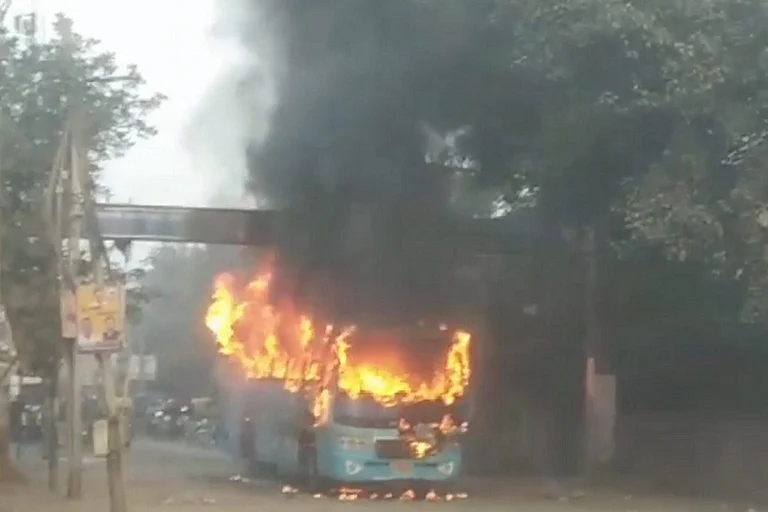In such a scenario, Shireen M Mazari, director - general of the Institute of Strategic Studies, suggests that Pakistan should first accept the limited nature of its alliance with the US. Says she: "Pakistan needs to do a hard reality check and accept that the US goals in the region do not entirely coincide with Pakistan's, neither on the nuclear issue nor Afghanistan, beyond some basic premises." Mazari says there's no reason for Pakistan to formulate a new policy on the NA as India has invested so heavily in it that all attempts to appease its leaders and commanders would be futile. In the long run though, Mazari says Pakistan "should evolve a hands-off policy on Afghanistan, especially overtly. We need to learn some lessons from our pragmatic western neighbour, Iran".
Mazari, who is considered extremely close to army headquarters, says Musharraf's already under immense pressure to rein in obscurantist groups which sent Pakistani volunteers into Afghanistan and so are responsible for their deaths. As Mazari points out: "No matter how wayward one may consider the obscurantist fighting in Afghanistan, seeing any Pakistani being beaten up or seeing a Pakistani dead body lying on the roadside or being taken prisoner is upsetting. First, these obscurantist forces (read Pakistani religious parties) created confusion and trouble for Pakistan by getting embroiled with the Taliban. Now if the Taliban opts for a long-drawn-out guerrilla war, the state should take a firm stand on imposing the law of the land countrywide." In other words, Islamabad should desist from mollycoddling the radical Islamist parties.
The new situation in Afghanistan will also determine Pakistan's relations with nations bordering Afghanistan. Ties with these countries had soured due to different approaches towards bringing peace in that war-ravaged country. Islamabad will find it difficult to repair these now. Iran and Pakistan are on opposite sides over Afghanistan. Teheran now sees in the NA's spectacular march in Afghanistan a chance to bolster further its bases among the Shi'ite Hazaras. Pakistan's ties with Tajikistan and Russia have at the best of times been lukewarm.
Even in the Muslim world, Pakistan's reputation has taken a beating. Wary of its own Islamist movement, Turkey is delighted at Taliban's defeat and has, till date, refused to accept Musharraf's cards of moderate Taliban and Pashtoons. Islamabad's traditional ally, Beijing, too should feel delighted at the Taliban's rout. It had once sent a delegation to meet the Taliban leaders requesting them not to create problems on its northern borders. Spurned, Beijing voted in favour of UN sanctions imposed on Afghanistan.
So, where does this leave Musharraf? Says Shaheen Sehbai, editor, The News: "With absolutely no bargaining power for conducting a war against terrorism inside Afghanistan, the huge lever Islamabad had is gone. The US forces can now use any of the captured cities, including Kabul, to launch strikes against the Taliban and to dig out bin Laden. Sadly for Pakistan, the time to test the US promises of a 'long-haul' friendship has come even before we could start receiving some of the goodies. If Pakistan does not play its cards smartly, Islamabad and Musharraf may soon find themselves redundant for the outside world and engulfed in serious domestic turmoil." And Musharraf doesn't hold too many Afghan cards.





















